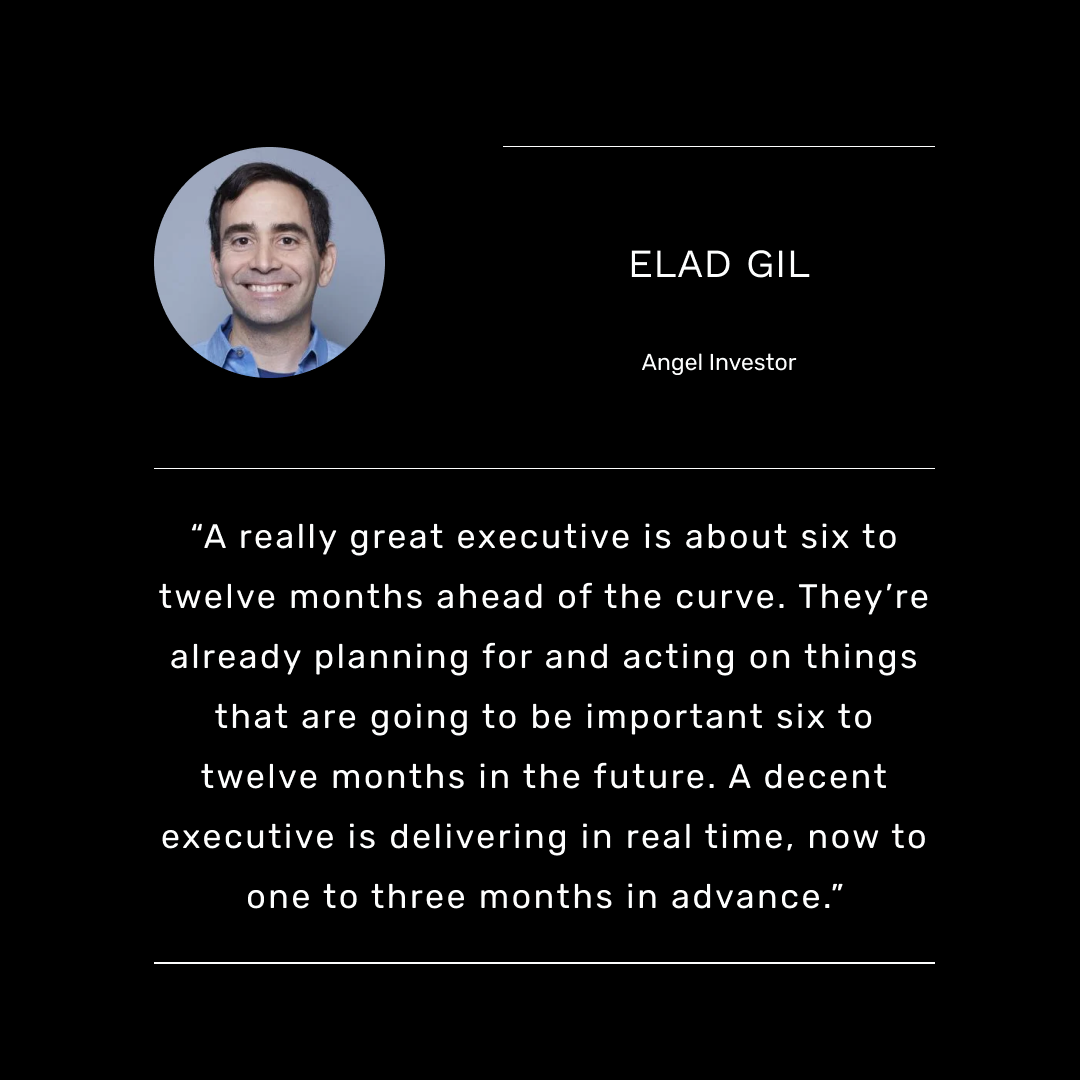
Jeremy Giffon (@jeremygiffon) is the managing partner at Tiny.
Like many other investors we have studied, he is reserved with his words, but when he speaks we listen. If you’re looking for regurgitated investor lessons, you won’t find them from him.
Here are 25 takeaways from studying Jeremy, his career, and his investment philosophy.
VC Tech Stack: 88 tools used by tier one VCs
Investment Memo Template: our boilerplate template for memos
Venture Media List: 132 people and places to learn the game
ChatGPT Prompts: prompts to give VCs more leverage
Diligence Question Bank: 84 questions to ask founders

"After hiring tons of CEOs there’s only one question that really matters. After you have a convo, do you both leave feeling energized or drained? We’ve never regretted hiring someone we look forward to talking to but have made many mistakes hiring otherwise great people we did not."
"Long periods of low effort work w/ nebulous goals and no defined end -> much progress, little results -> dissatisfaction -> more low effort work -> repeat vs Short periods of intense work w/ bounded & defined outcomes -> results -> satisfaction -> rest -> inspiration -> repeat"
"Nothing hurts ambition more than fear of conflict. Ambition must be lowered until we can arrive at a vision we “all can agree on” which isn’t a vision at all. Any organization driven on common agreement will be unable to act on the highest ambitious vision. Must be rule of one."
"Basically three categories of colleges worth going to: top ten (to join ruling class), big state school frat/athletics (for peak life experience), weirdo lib arts colleges, eg Deep Springs, St John’s, etc (to actually become erudite). Highly suspicious of everything else."
"If you want to do something well, do it everyday. And if you don’t want to do it everyday, you won’t be able to do it well."
"When people set out to build a company they either want the satisfaction of building a well run machine that they can walk away from or they want to build scaffolding around them that lets them do more of what they like. These are pretty divergent but they get lumped together."
"The greatest good of capitalism comes from redirecting the energy of the ambitious away from zero-sum games."
"If you’re at all money oriented, you can more than easily outrun the first decade of stock market compounding by using your capital to build something. Time in the market is a dangerous idea for high agency individuals."
"The Romans had the right idea that there ought to be distinct stages for distinct ages. Young men go to Gaul to prove themselves and get rich, then serve their people in public life, and finally serve the youth via writing, oration and elder statesmanship broadly. Accumulating dignitas in each stage, but never getting caught in gluttonous obsession with any one notion of power, influence or wealth. To be focused on money in old age was gauche and to try and teach before you had earned your station lacked integrity. It provides a purpose and value for every stage of life and matches up with the natural rhythms of aging. Adolescent vitality funneled into conquest and bravery, the weight of fatherhood and family to shepherding the well-being for the people, and the experience of old age to sharing the wisdom that shapes and refines the way younger men go about the first two pursuits."
"I don’t believe there is such a thing as laziness. Rather, I believe that most people spend their lives working on the wrong thing. No one is a lazy procrastinator in all areas of life. Everyone has something they can do effortlessly for hours. And they tend to do that effortless thing better than they do the thing they are lazy about."
"Sage advice I got in a boxing gym once: there are guys in here who’s survival hinges on wining the fight and there’s everyone else. It’s prudent to know which one you’re competing with. The older I get the more I think this applies to everything."
"A pretty much constant paradox is that we expect outlier outcomes from people that we demand act in normal, average ways. We love geniuses after they do the great thing, but we basically loath and harass them if they act in uncouth ways before hand."
"It’s an acute symptom of modernity (late-marriages, no kids, city living, secularization, materialist metaphysics) that we foolishly look to our jobs for meaning."
"Competition proceeds scarcity. Not the other way around. Things are scarce because first we desire them."
We started our careers in venture. After about a week, we had a realization.
We had no idea what we were doing.
Turns out, we weren’t alone.
Junior VCs don’t get training. You’re forced to figure it out on your own.
Learning the rules, tools, and players takes FOREVER to learn. That’s why we made the ultimate VC resource library to speed up the learning curve.